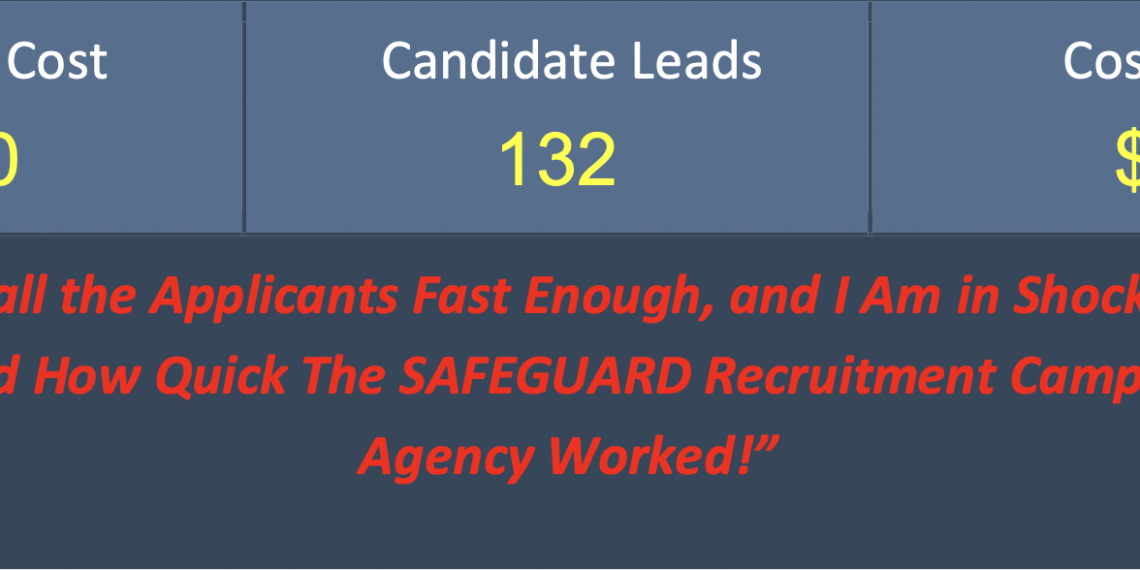[ad_1]
Share and speak up for justice, law & order…
I’ve written a ton on police recruiting in recent years because I believe it is the most pressing issue of the profession at any time in the last generation.
It’s pretty simple…Without the proper recruiting, the profession will slowly fade into a mediocrity that we do not want to imagine.
Much of what I have been discussing, including these training videos, were designed to educate the profession on what actual recruiting is. There have always been a willing pool of applicants, up until a few years ago, so our efforts revolved around marketing rather than recruiting.
I’ve heard from a lot of leaders that are figuring this out and thankfully are on the right road to bolstering their ranks but there is a lingering problem that I continue to hear.
How Do We Convert Potential Recruits To Employees?
I won’t begin to detail the varied hiring process in thousands of law enforcement agencies but from the start, the process itself, is challenging. From initial contact to testing (written, physical, psychological, etc.) to background investigations and more, law enforcement agencies face an uphill battle from the very beginning.
The first step is getting interested candidates and there is no better place to get those leads than SAFEGUARD Recruiting. I’ve said it a lot and it’s because I have seen what this law enforcement owned company can do. For less money it takes to send a few officers to a recruiting fair (where no one shows), their experts will provide an agency a ton of interested candidates to begin the hiring process.

And that is where the problem could begin…
Then process is long but the initial contact doesn’t have to be. Recruiting is a competitive business and just about every law enforcement agency is fighting for the same candidates so our response must be immediate. While most agencies don’t have the adequate staffing to immediately respond to every person, they should consider automating the process with detailed “next step” information for the candidate.
I would suggest a three-step process with the initial inquiry of a candidate:
- Immediate automated response listing additional information needed including test dates, etc.
- Within 8 hours, another automated message (e-mail and phone) with a marketing message about the agency.
- Within 24 hours, a recruiter should personally contact the candidate.
Agencies should utilize Customer Relationship Management (CMS) Software to automate these e-mails and help the recruiter keep track of their correspondence.
In my experience, the majority of the initial inquiries will not immediately respond back and that is where persistence matters. The correspondence and phone calls should never stop until the candidate officially removes their name from consideration.
Cops aren’t sales experts but as soon as the inquiry comes in, that is exactly what needs to occur and any successful sales person will tell you that a “don’t give up” attitude is the difference.
This is not unique. If you’ve ever had the (dis)pleasure of inquiring on any major product, you end up knowing more about that product than you probably ever wanted after you made the inquiry. I still get e-mails and phone calls from colleges that I inquired about…years after I graduated.
That may be an extreme example but we need to understand that the recruitment process goes far beyond simply getting a name on a contact form.
It is only then that the real work of police recruiting begins.
Recruiting is a complicated business and one that requires years of training and on the job experience for anyone interested in it. Law enforcement agencies don’t have that time or the resources so we are doing all we can, with what we have. But I will help if I can.
If you have any questions, reach out to me and I would highly suggest you reach out to SAFEGUARD Recruiting. They have helped plenty of agencies with every step of the process and speaking to them won’t cost a dime.
Share and speak up for justice, law & order…
Continue Reading
[ad_2]




